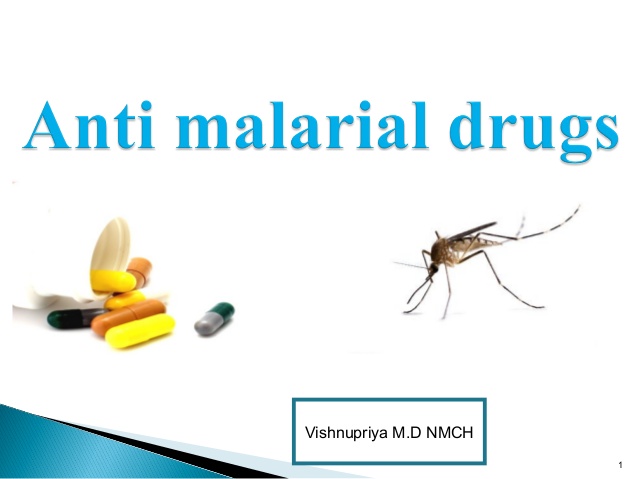NAFDAC Moves To Avert Dangers Of Pesticides, Agrochemical Usage — DG
Prof. Mojisola Adeyeye, NAFDAC Director-General, made the disclosure on Tuesday during a Sensitisation Workshop for Agro-Input Dealers on Safe and Responsible Use of Pesticides and Agrochemicals in Ibadan.
The workshop was organised by NAFDAC in collaboration with stakeholders in Agrochemicals and Pesticides.
Adeyeye was represented by Dr Sani Maiyaki, a Deputy Director in NAFDAC.
She said the agency had received several complaints, from concerned citizens on misuse, abuse, presence of counterfeit, substandard and fake pesticides in the country.
“Due to injudicious and indiscriminate use of some pesticides, many accidents have occurred in different parts of the country.
The presence of pesticides in foods, fruits, vegetables, and environment and its use as a suicide tool by youths and vulnerable persons is of great concern to NAFDAC.
“The agency, along with relevant stakeholders, is taking the initiative to ensure safe use of pesticides and agrochemicals in Nigeria through stakeholders’ awareness campaign and the institution of regulatory measures.
“This is with a view to effectively avert the dangers associated with injudicious and indiscriminate use of pesticides,” she said.
She said that the agency had in its disposition released public statement on Dichlorvos which highlighted some regulatory measures.
Among the measures was immediate ban on importation and manufacture of [100ml pack size of Dichlorvos(DDVP), ban on sale of DDVP in open market and supermarkets and mandatory listing of agrochemical dealers.
Other measures are restriction on sales of Crop Protection Products (CCP) to NAFDAC approved/accredited agrochemical dealers,mop up of DDVP 100ml from open markets and supermarkets by manufacturers, importers and distributors.
The NAFDAC boss said that NAFDAC had developed a phase-out action plan to ban the manufacture, importation, sale and use of Paraquat in Nigeria, based on its toxic and harmful effect on humans and environment.
“The agency has also reviewed the use of Tallow Amine as inert material in the production of Glyphostate formulations. Tallow Amine that is available in various Glyphostate formulations have been implicated to be carcinogenic.
“In line with the agency’s mandate of safeguarding the health of the nation, the agency thereby banned the use of Tallow Amine as inert material in the formulation of Glyphostate products with effect from Jan. 1, 2020,” she said.
Mr Kabir Umar-Fara, the President, West Agro Input Dealers Association (WAIDA), commended NAFDAC on its awareness campaign and recognition of relevant stakeholders.




